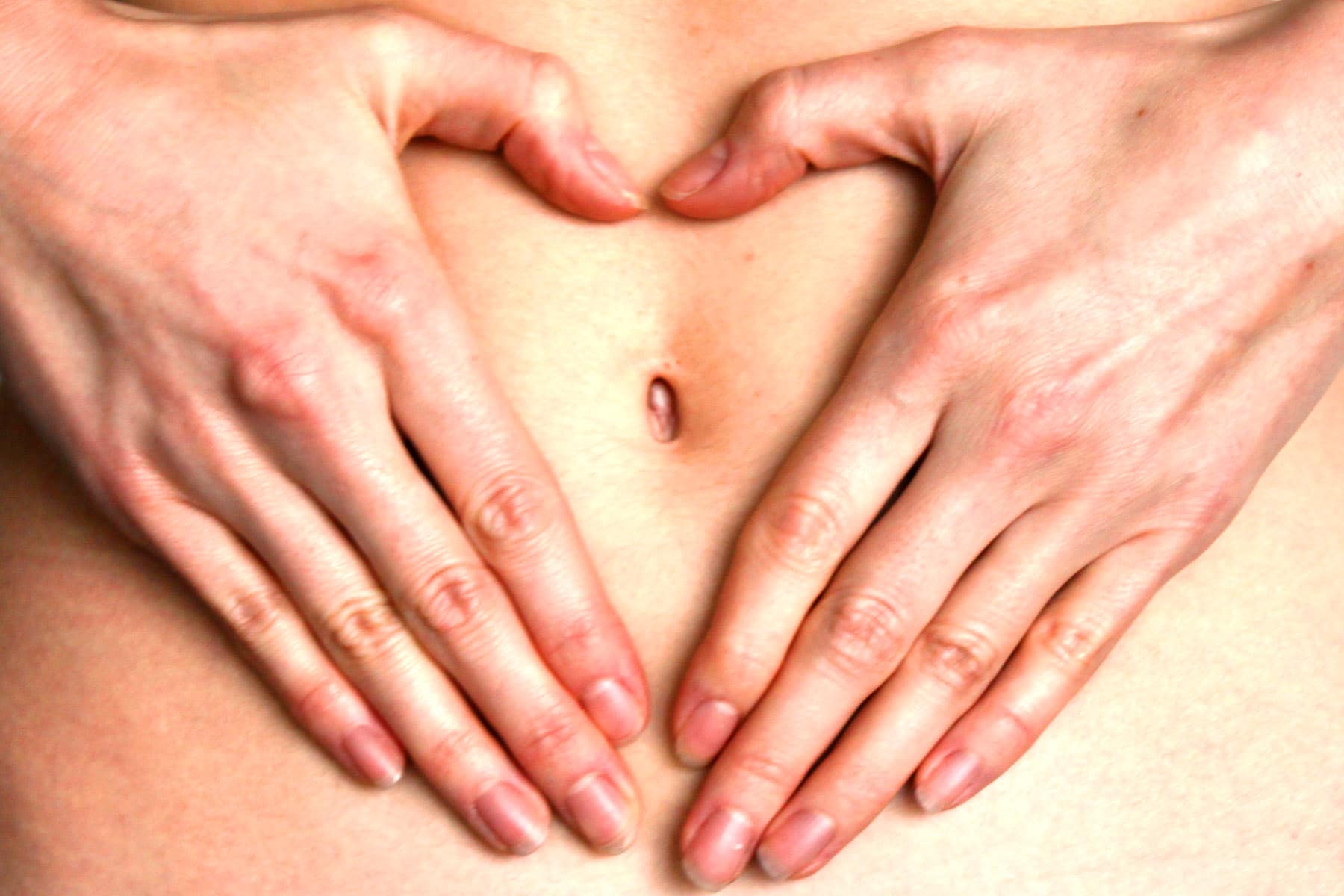Stress and Digestion
There is a strong link between stress and digestion. If you have ever found yourself with heartburn, constipation, diarrhoea, indigestion or bloating after a meal the culprit may not have been what you ate, but how you were feeling when you ate it. When you are stressed out your body goes into “fight or flight” mode which means all of your blood goes to your muscles so you can either fight or run away. Your body doesn’t care that you are no longer a caveman and that the stress is caused by work rather than a life-threatening run-in with a lion.
Stress and Digestion
With your body preparing for the impending lion attack, digestion slows down or stops completely. This stress reaction inhibits salivation and leads to low stomach acid and a lack of the digestive juices required to properly break down your food. Stress can have a huge impact on your digestion so it is really important to make sure you are calm before, during and after your meal.
 Top 4 Tips to Lower Stress and Improve Digestion
Top 4 Tips to Lower Stress and Improve Digestion
1. Take a moment to be quiet before eating
Before you enjoy your meal, take a moment to slow down your breathing to shift into the “rest and digest” state. This can be done by closing your eyes and taking several slow and deep calming breaths. Connect with your body and continue the calming breaths until your heart rate has slowed down and you feel calm and relaxed.
2. Eat in a calm environment at the table
Quite often we are pressed for time and end up eating on the go or working through lunch. When you are eating while distracted, your digestion is inefficient and you are likely to miss the “I’m full” signal which leads to overeating. Other times we find ourselves dining solo and turning on the TV or reading a book to keep us company. When you are watching a stressful TV show or the news, your body internalizes that stress whether you notice it or not. As I mentioned above, it is difficult to digest your food properly if you are experiencing stress. Next time you sit down to a meal, give yourself some quiet time to de-stress and enjoy your food.
3. Pause between bites
Sometimes while we are eating we get caught up in the unconscious fork-to-mouth movement and stop paying attention to what we are putting in our mouths. Take the time to put down your fork and pause in between bites. During this pause use your senses and enjoy the taste, textures and smell of your meal. This will also help you slow down and thoroughly chew your food. Digestion begins in the mouth with salivary enzymes that break down your food so the more you chew the better your digestion will be.
4. Remember to breathe
Recently I noticed that I hardly breathe while I’m eating! It’s wonderful to pause mid-bite and take a nice big breath. It will help keep your stress levels down so you can properly digest your food. If you find your heart rate has increased or you are feeling stressed or anxious during a meal, it’s a good idea to take a quick break to breathe and calm yourself down.
